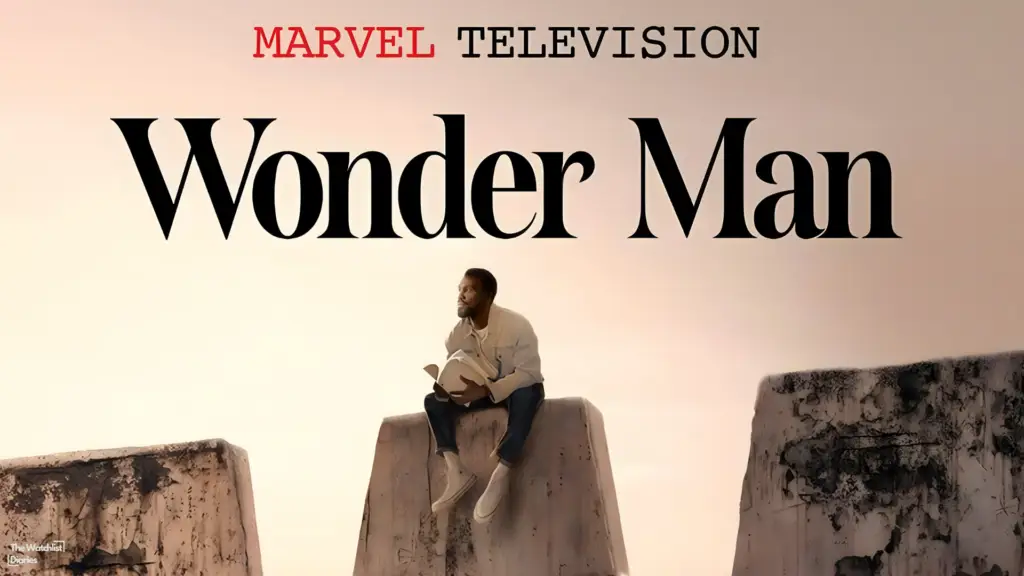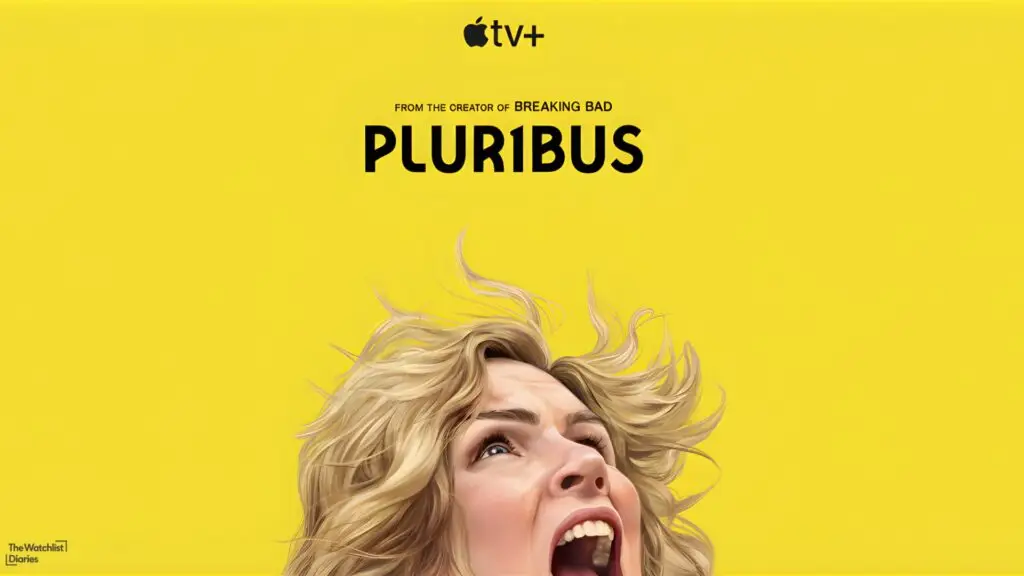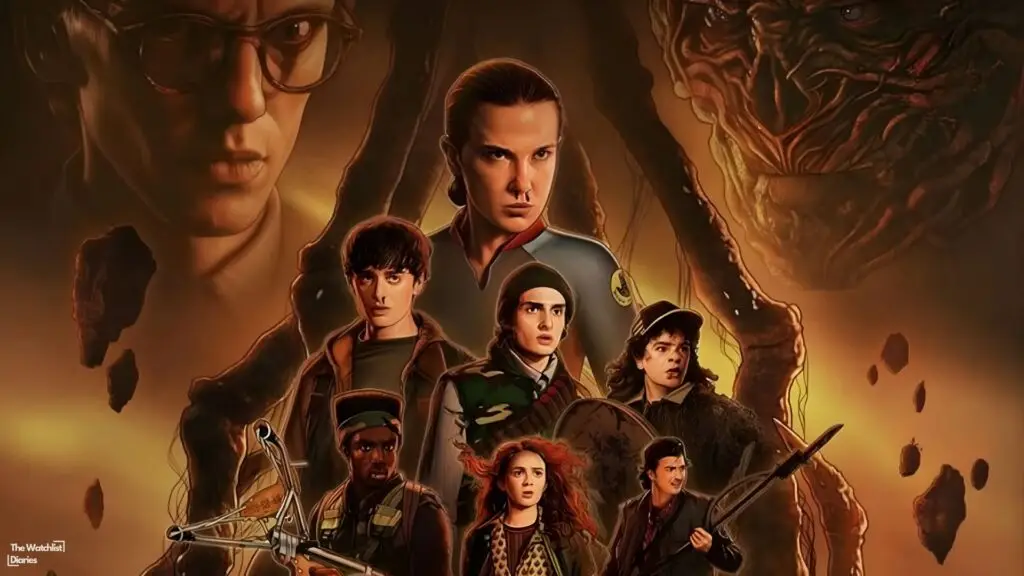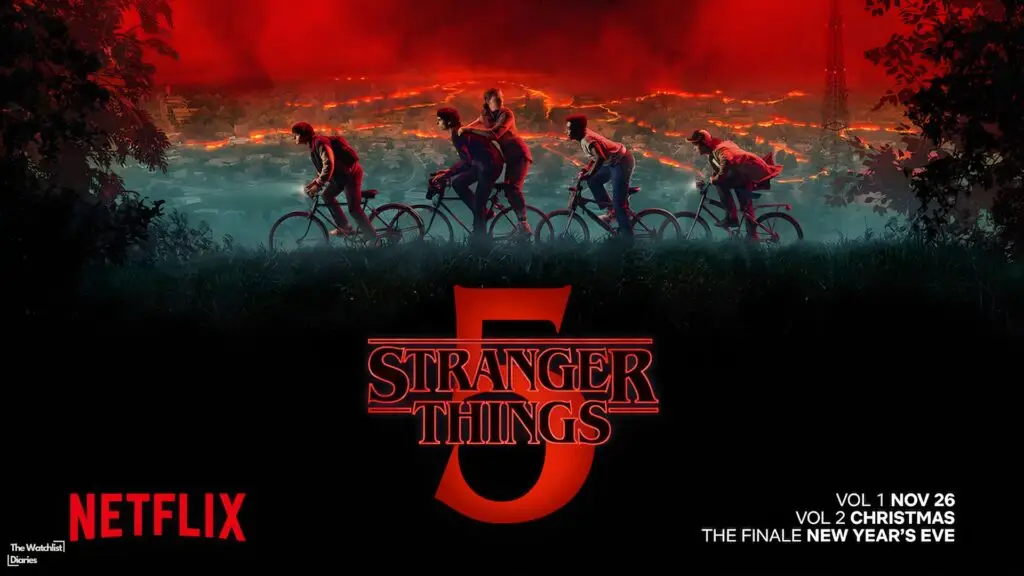Romantics Anonymous Netflix Review: Sweet, Simple, and Impossible to Hate
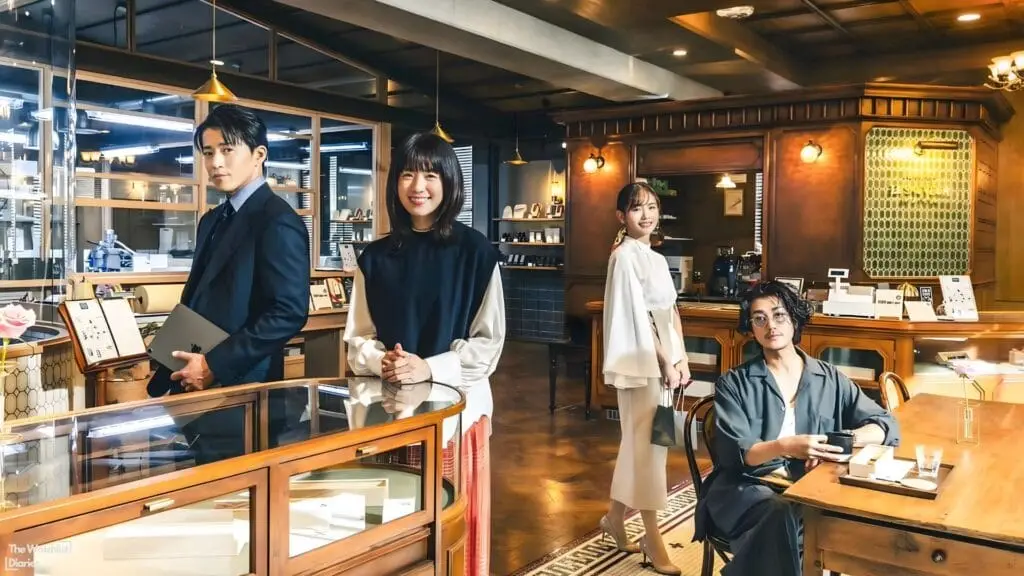
I watched Romantics Anonymous almost ten days ago, and I genuinely thought the post-rom-com haze would fade and I’d move on. But here I am still thinking about it, still smiling at certain scenes, and still convinced this is one of the most heartfelt comfort shows of the year. Not groundbreaking, not genre-defining, not something people will write college essays about, but warm in a way that sticks.
And yes, it is cliché. It is soft. It is predictable. And honestly? That’s the point.
If you’re looking for a romance that’s trying to reinvent the wheel, turn away. If you’re looking for something that feels like hot chocolate on a slow rainy evening, this is almost exactly that.
What the Show Is About?
Romantics Anonymous is based on the 2010 French-Belgian film ‘Les Émotifs anonymes’, and Netflix has turned it into a Japanese-Korean co-production. The premise is simple: a gifted chocolatier with severe social anxiety falls for the new owner of the shop, a man who can’t touch people because of a childhood trauma. They don’t “fix each other” magically. They don’t suddenly become healed versions of themselves. They just try, often painfully, awkwardly, and very earnestly to figure out how to exist in the same space.
Han Hyo-joo plays Lee Hana, the anonymous chocolatier behind the shop’s signature creation, “pure kenji.” She’s been secretly supplying the chocolates for years under the mentorship of Kenji Kuroiwa (played by veteran actor Eiji Okuda), the founder of Le Sauveur. After he passes away, the shop is sold to a giant confectionery conglomerate, and that’s how Fujiwara Sosuke (played by Shun Oguri) enters the picture. Sosuke has obsessive-compulsive disorder, and physical touch is like walking barefoot across fire for him.
Two broken people. One chocolate shop. Cue the romance.
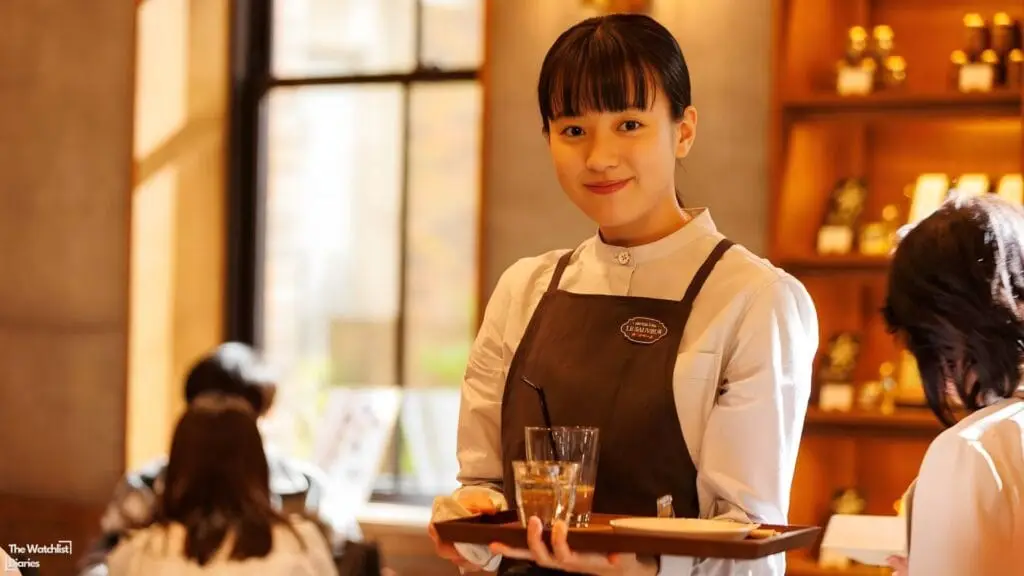
How Hana Becomes the “Server Who Should Have Been the Star”
One of the best things this show does is avoid dumping exposition. Hana doesn’t walk in with a grand confession about being the secret chocolatier. She walks in with the intention to tell the truth, panics, and ends up working there as a server instead. That choice sets up the entire show, her internal war between anonymity and desire, fear and joy, love and embarrassment.
She wants to be seen. She’s terrified of being seen. That’s the human condition in a nutshell.
Meanwhile, Sosuke is trying to keep the shop alive. The ingredients suppliers don’t trust him, the staff quietly judge him, the legacy of Kenji looms over him like a ghost, and his own OCD isolates him from the world he’s supposed to lead.
But somehow, these two can look at each other. Hana’s Scopophobia doesn’t apply to Sosuke. Sosuke’s touch-aversion doesn’t flare around Hana. The show doesn’t try to medically justify it. It just treats it like what romance often is strange, unexplainable comfort.
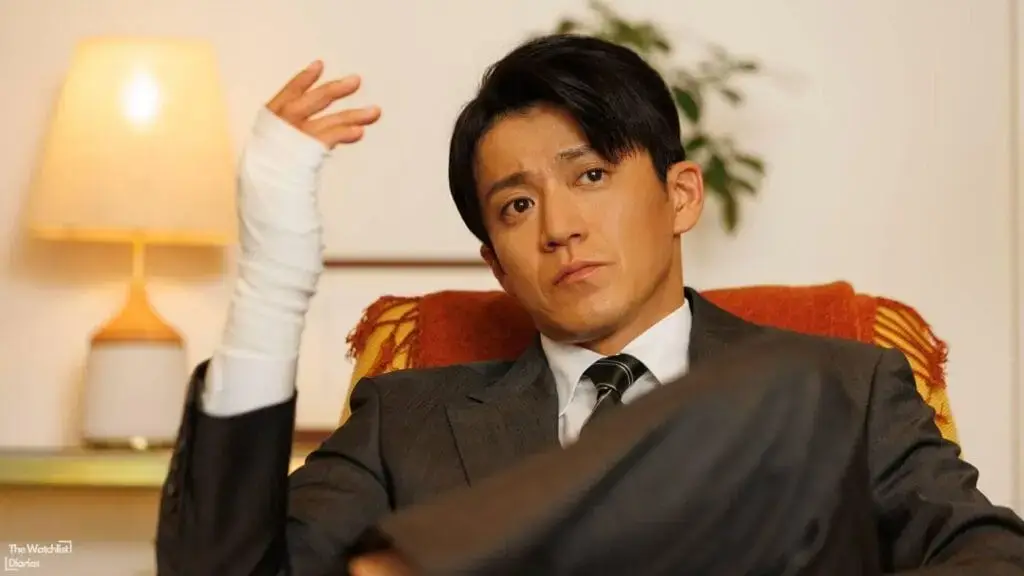
The Shop and the People Who Keep It Alive
Every episode revolves around a different chocolate from the shop’s rainbow palette. It’s a cute narrative framework, but it also quietly expands the world. You meet suppliers, bakers, old customers, side characters who feel weirdly real in their short screen time, and you slowly understand how deeply Kenji shaped the store’s identity.
He didn’t build a “brand.” He built relationships. That’s what Sosuke doesn’t understand at first, and what Hana helps him rediscover.
And when Sosuke starts visiting each supplier, not as some rich heir, but as someone trying to earn trust, the show finally hits its emotional stride. Not dramatic, not tragic, just genuinely warm.
The Second Couple That Almost Steals the Show
Hana and Sosuke aren’t the only story here. We also get Irene, a psychiatrist with her own abandonment issues, played by (Yuri Nakamura). She drinks too much, keeps everyone at a distance, and would rather diagnose emotions than feel them. And of course, she has chemistry with the bar owner Hiro Takada, played by Jin Akanishi, who is also Sosuke’s friend. Because in drama-land, everyone always ends up connected.
Their story isn’t as deep as the main couple’s, but it has charm and purpose. They aren’t there to be filler. They’re mirrors. Two different ways people deal with pain.
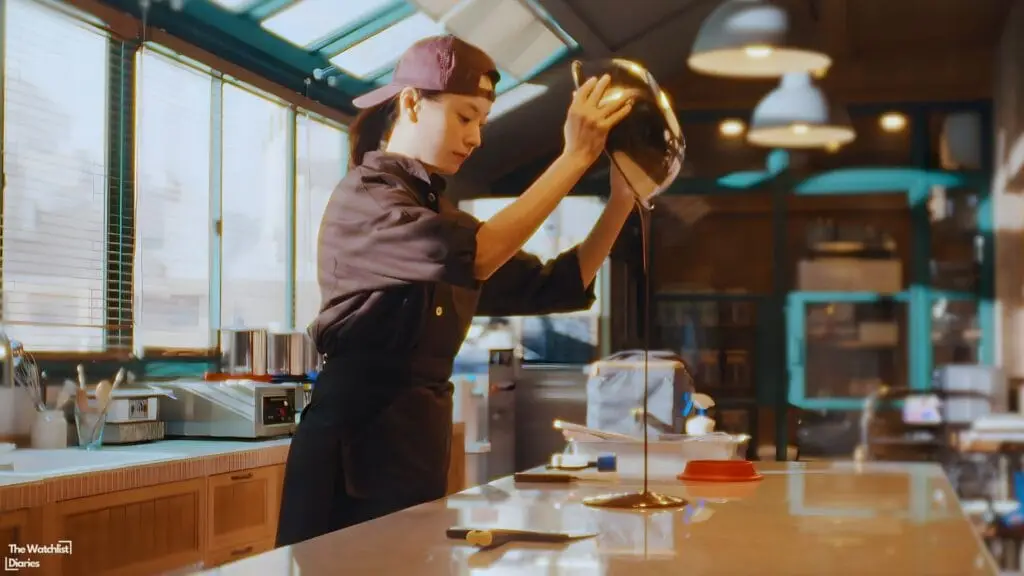
“It’s Unrealistic.” Yes. So Are Half the Shows We Love
A lot of people online complained the show was “too soft,” “too clean,” “too fairytale.” But somewhere along the way, people started confusing realism with good writing. Not every story needs grief therapy and generational trauma to be respectable. Some shows exist to remind you that life can be kind even when it’s not realistic.
Marvel is unrealistic. K-drama coincidences are unrealistic. Let’s not start on Anime. Half the rom-coms we cherish would collapse in the first five minutes if people just communicated like normal humans. We don’t watch these things because they’re accurate. We watch them because they make us feel something.
Romantics Anonymous never pretends to be a show about healing mental health in a clinical sense. It uses these issues as narrative tools, but it doesn’t mock them. It doesn’t preach. It doesn’t say chocolate can cure trauma. It just says love can make coping a little easier. That’s not offensive. That’s just hopeful.
The Production, the Colors, the Atmosphere
This show looks expensive. Netflix and the production team spent money and it shows. The color palette is soft without turning into pastel mush, the food shots are borderline culinary ASMR, the shop interior feels like a real place you want to sit in, and the Japan-Korea language switch adds a nice texture.
I loved the way Hana slips into Korean to curse Sosuke under her breath, and the way “Sarang” is used at the end. Not dramatic, but cute in a way that lingers.
And yes, eight episodes. Around 45 minutes each. No filler, no drag, no forced extension just for “content hours.” Bless whoever approved that.
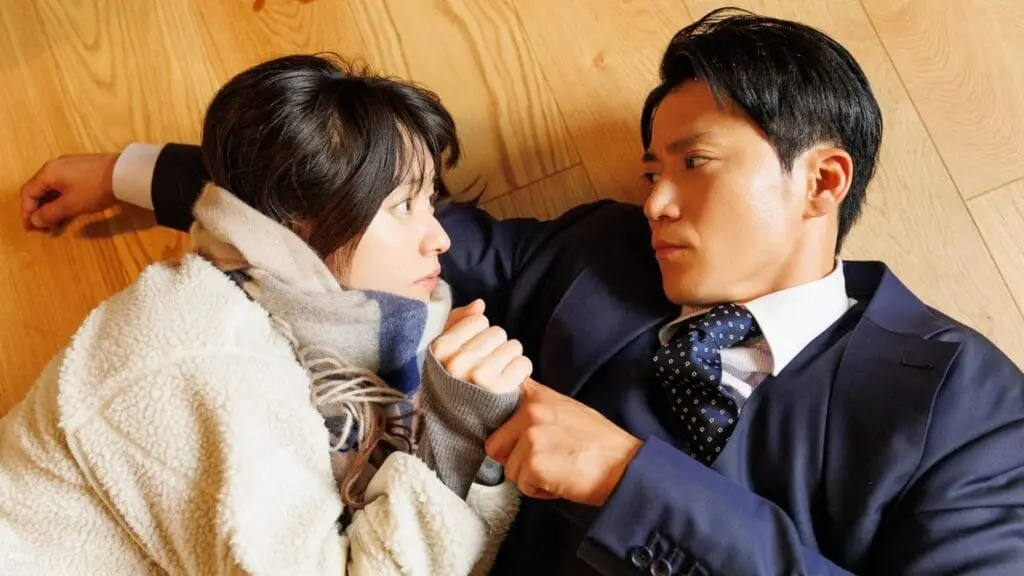
The Cameo That Broke the Internet for a Minute
We need to talk about the final episode.
Out of nowhere, Kentaro Sakaguchi shows up as a new psychiatrist joining Irene’s clinic. A few seconds later, Song Joong-ki cameos as a new attendee at one of the therapy sessions. They look at each other like there’s shared history, but the scene ends before anything is explained.
And no, before the theories begin, Song Joong-ki is not playing Vincenzo here. This isn’t a Queen of Tears style meta cameo where he shows up as a previous character. Here, it’s just two men with implied storylines like Netflix deliberately planting a seed and walking away.
As of this writing, there is zero official confirmation of Romantics Anonymous Season 2, but that scene was way too intentional to be a throwaway Easter egg.
So Why Does It Work?
Because even with clichés, the show doesn’t lie about its heart. Hana and Sosuke aren’t written like perfect healing machines. They struggle. They regress. They panic. They don’t become magically cured by romance, but they do find something worth trying for.
Chemistry matters, and Han Hyo-joo and Shun Oguri absolutely sell it. Their scenes aren’t hot, intense, or dramatic. They’re gentle. Soft-spoken. Full of quiet pauses and tiny smiles. It’s the kind of romance that doesn’t make you scream at the screen, just makes your chest feel a little lighter.
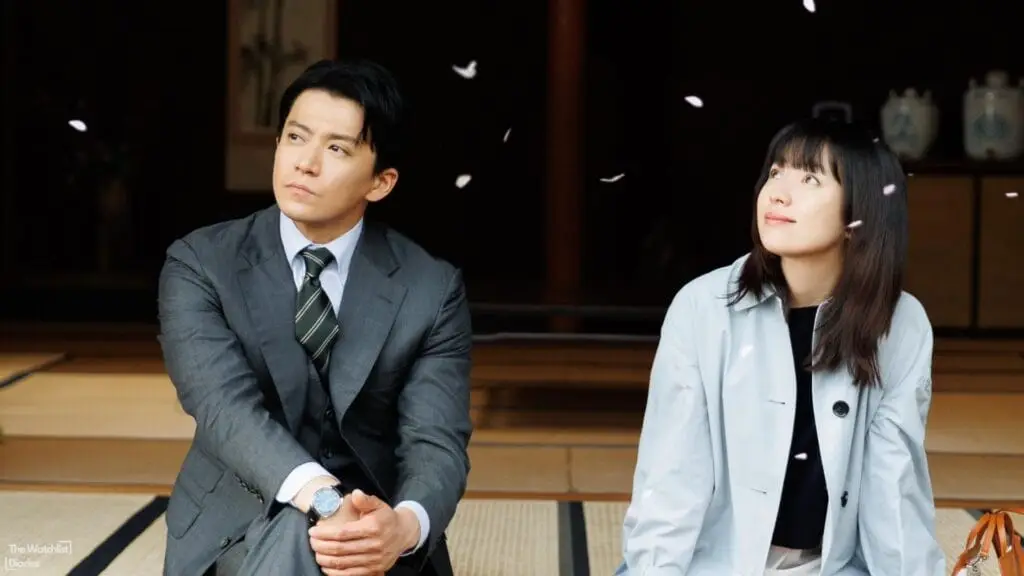
Rating:
I am giving it a 3.5 out of 5 stars. Not perfect, not profound, but undeniably charming. The chemistry is sincere, the acting is effortless, the pacing is clean, and the whole thing feels like a warm mug of cocoa on a tired evening. I wished some of the mental health themes were explored with more depth, but I also appreciate that the show never turned them into punchlines or pity traps. It knew exactly what it wanted to be… a gentle story about two awkward people trying to love without breaking. And it delivered.
If you’ve watched Romantics Anonymous, tell us what you thought. If you haven’t, add it to your “need something soft and healing” list and thank me later. Make sure to check out our other reviews. I promise they’re just as opinionated as this one.

